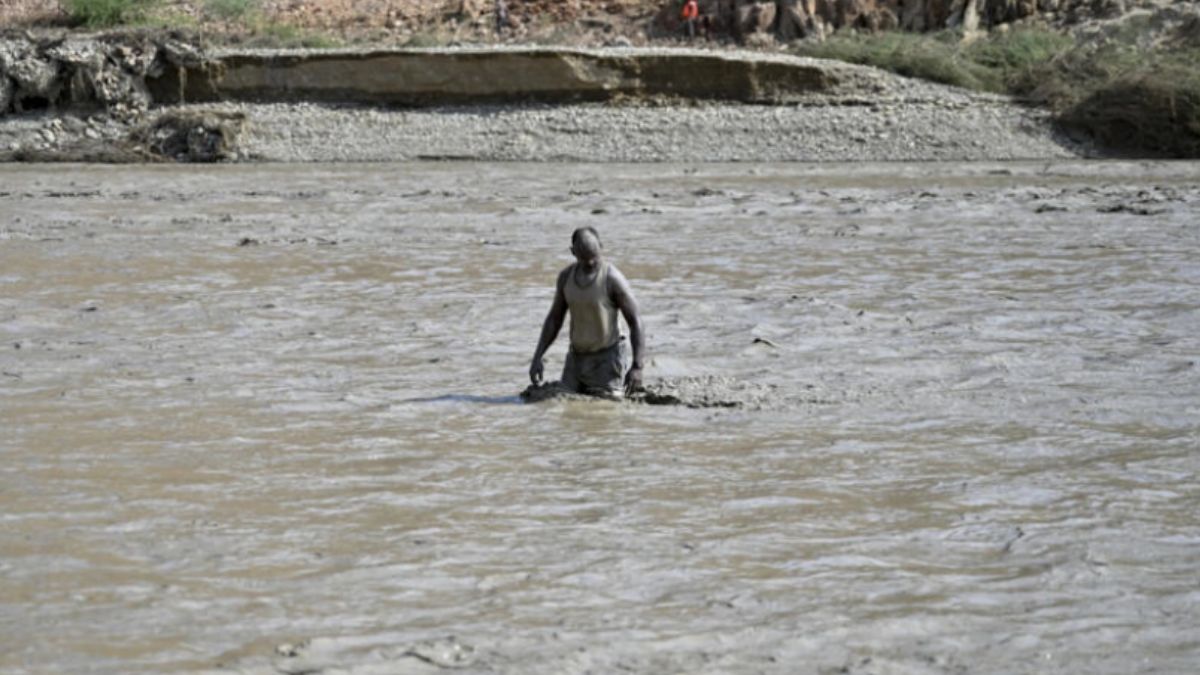Utah is known for its religious homogeneity, with a sizeable population being members of The Church of Jesus Christ of Latter-day Saints (LDS), which has influenced the state’s conservative political culture. read more
)
Representative Image- Reuters
The state of Utah has six electoral votes in the Electoral College, following reapportionment due to the 2020 US census in which the state neither gained nor lost a seat. A Mountain West state, Utah has not been won by a Democratic presidential candidate since Lyndon B Johnson’s 1964 landslide — granted that the GOP margin of victory has been lower than usual in the past two elections due to a considerable share of third-party votes state-wide and growing Democratic trends in Salt Lake and Summit Counties — and is expected to be won comfortably by Republican nominee Donald Trump.
Voter demographics
Utah has seen the largest percentage growth in population as the population has grown over 18.4% in the past decade. The total population of the state is around 3.3 million people. Utah is known for its religious homogeneity, with a significant percentage of the population being members of The Church of Jesus Christ of Latter-day Saints which has influenced the state’s conservative political culture.
Voting history
Historically, Utah has been a Republican stronghold in presidential elections. The state has consistently supported Republican candidates since 1968, with landslide victories for GOP nominees in most elections. In the 2020 election, Donald Trump won Utah by a comfortable margin, securing 58.1% of the vote, while Joe Biden received 37.7%. Although Utah is considered a safe Republican state, its voters have occasionally expressed discontent with certain candidates.
Swing state status and electoral importance
Utah is not considered a swing state. It has reliably voted Republican in every presidential election since 1968, and its electoral votes are generally seen as a safe bet for the GOP. With six electoral votes, Utah is not a major player in terms of electoral college influence, but its consistent conservative support is crucial for Republicans in building their path to victory.
While Utah is not a battleground state, it does matter in presidential elections due to its reputation for independence and occasional unpredictability, as seen in the 2016 election. This independence may become more significant as the state’s demographics continue to evolve.
Presidential connections
Utah has not produced a U.S. president, but it has had notable political figures with national influence. Senator Mitt Romney, who was the Republican presidential nominee in 2012, has deep ties to Utah, having represented the state in the U.S. Senate and served as a prominent figure within the LDS Church. Though Romney lost the 2012 election to Barack Obama, he remains a significant political figure both within the state and on the national stage. His presence in Utah further solidifies the state’s Republican leanings.
Memorable elections
The 2016 election stands out as one of the most memorable elections in Utah’s recent history due to the strong showing of Evan McMullin, who offered an alternative to both Donald Trump and Hillary Clinton. Many Utah voters, influenced by their religious and moral values, felt uneasy about both major candidates, which led to McMullin’s unexpected popularity. While McMullin didn’t win the state, his performance underscored the fact that Utah’s political culture is shaped not just by partisanship, but by specific values that may sometimes clash with national trends.

 1 month ago
12
1 month ago
12
)
)
)
)
)
)
)
)
)
)
)
)
)
)
)
)
)
)
)
)
)
)
)
)
)
 English (US) ·
English (US) ·